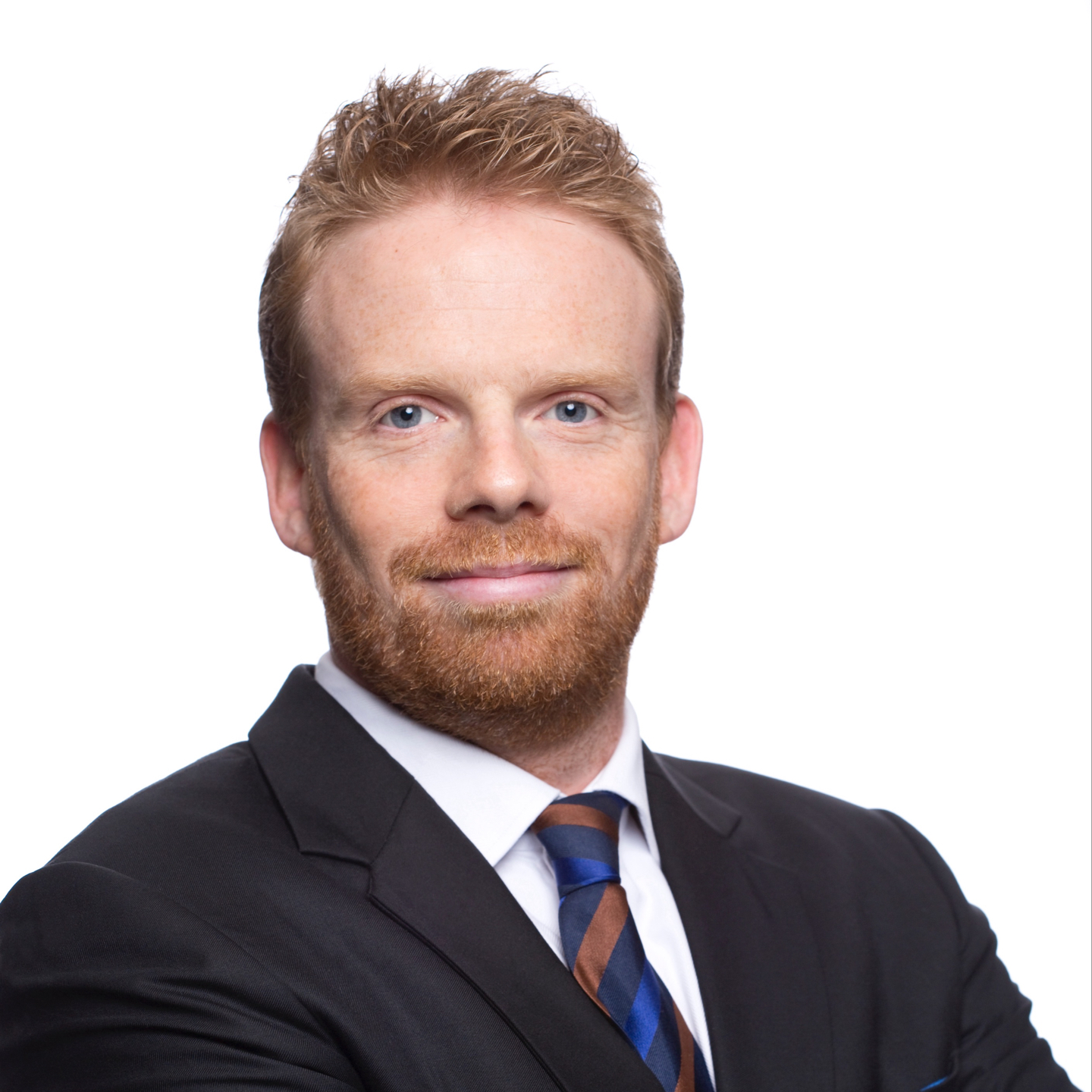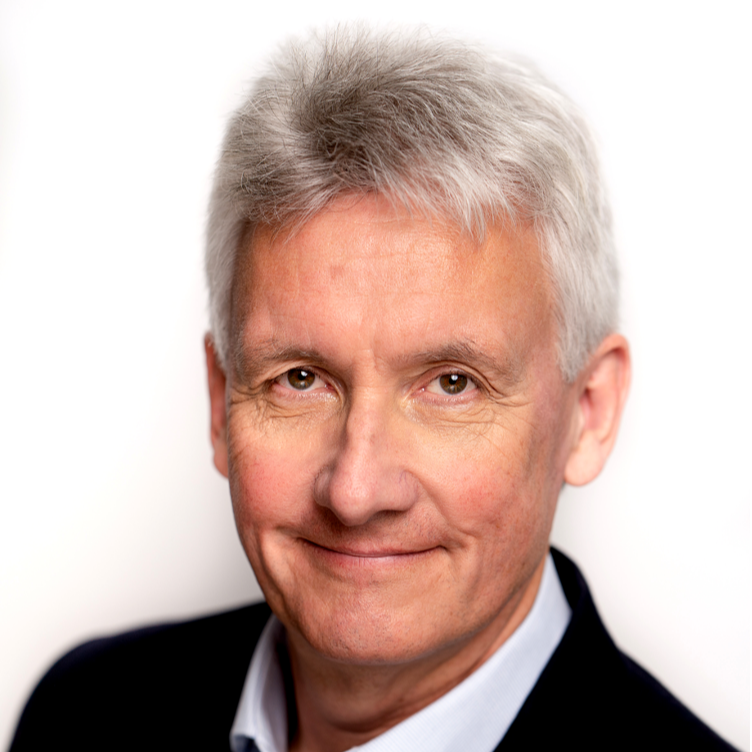|
Media Training
The flagship ISOC media training course builds universal skills for speaking with journalists in any kind of media encounter. You will practice realistic on-camera interviews with positive and supportive coaching. Topics include preparation, confidence, dynamics, body language and difficult questions.
This course is available face-to-face and in a shortened version live online.
- Face to face (London) | Two days | £2400 +VAT
- Face to face (Dubai) | Two days | $2200 +VAT
- Live online (Zoom) | Two half-days | 10:00-13:30 London time | $950
Also available on request in US / Asia timezones.
Course outline
Preparation and confidence
This module covers the core concepts of media training theory, including practical examples in video clips.
- Developing and using messages in interviews
- Using soft and hard proof points to make messages credible and memorable
- Understanding news values and how these will affect the interview
- Body language and physical appearance
- Structured preparation using a step-by-step model
On-camera simulation
In this module, you will prepare systematically for an imaginary scenario and then take part in a simulated media interview, followed by individual feedback. This interview scenario will be friendly and straightforward. The purpose is familiarisation, self-awareness and confidence building.
- Evaluating the journalist, media and news environment
- Preparing messages and proof points
- Anticipating and preparing answers for likely questions
- Simulated interview on camera with a training journalist
- Video replay with individual performance coaching
Interview dynamics
In this module, you will learn to understand the underlying dynamics of media interviews, in order to take control of the agenda. This is followed by another simulation exercise.
- Interviewer tactics to watch out for
- Power dynamics
- Managing aggressive or pushy questioning
- Guiding the agenda: proactive messaging
- This interview will focus on a positive news announcement. The purpose is to practice proactive messaging, while implementing performance feedback.
Difficult questions
In this module, you will learn techniques for answering difficult questions, including universally effective approaches. This is followed by another simulation exercise.
- Seven categories of question that do not need to be answered
- The classic “”blocking and bridging” approach and its shortcomings
- The flexible “dig for gold” strategy
- The universal “zoom in, zoom out” technique
- The final interview will include some challenging questions, as appropriate to each learner’s level. The learning atmosphere remains positive and confidence building.
Reviews
Meet your trainers
Following are some of the ISOC trainers who regularly lead this course, depending whether you join us in London, Dubai or live online.
Trainer profile: Will Hardie
Will is a communication strategist, advisor and coach with more than 20 years’ experience working in more than 50 countries. He studied Experimental Psychology for a Master’s at Oxford and later journalism and politics in the U.S. Will joined Reuters news agency as a graduate trainee reporter and took a series of postings in Brussels, Stockholm and Belgrade. As a foreign correspondent he specialised in financial and economic news and reported on a wide range of high-profile breaking news stories. He covered major international summits, interviewed ministers, heads of state, CEOs and other senior executives, and managed regional teams of journalists. Back in London Will co-founded Pinnacle PR, a global communications consultancy, and the International School of Communication, a specialist professional training company. Will is one of the world’s leading communications advisors. He has executed large projects to create communication strategies and systems for national governments and major corporations. For six years, he was the chief advisor to the head of communications in the office of a well-known Prime Minister. He has counselled hundreds of cabinet ministers, senior politicians, CEOs and other senior executives across Europe, North America, the Middle East, Africa and Asia. He specialises in executive coaching, media training, crisis communication, strategic messaging and communication strategy development. He has led long-term projects to develop top-level communication strategies for Federal and National governments and written crisis plans and positioning for global top-500 companies. Will is currently based in Dubai where he divides his time between managing ISOC and delivering consulting and training projects worldwide.

Trainer profile: Nick Walshe
Nick is a senior media consultant with more than 30 years’ experience as an international broadcast journalist. He was trained by the BBC and worked with ITV and ITN in the UK as a reporter, presenter, producer and assignments editor before taking charge of global newsgathering for the successful launch of Al Jazeera English in 2006. Since moving to Dubai in 2010, he has specialised in training senior executives and corporate spokespeople in media skills and crisis communications. His clients have included IKEA, Huawei, Qatar Airways, Cigna, American Express, the UAE Central Bank, JP Morgan and many others. He also works in corporate video production, filming with international organisations such as Mars, Merck and the British Council. Nick has maintained his involvement in TV news as a project manager, consultant and trainer in TV channels across the region, including projects in India, Iraq, Lebanon, Saudi Arabia and Pakistan.

Trainer profile: Adam Kirtley
Adam is a veteran presenter and reporter with more than 30 years' experience as a BBC journalist. He presents on BBC local and national and radio, including Five Live business show Wake Up to Money and Radio Four's flagship consumer show You and Yours. He still reports for the BBC World Service, where he began his career. Adam has interviewed numerous bankers, finance ministers and CEOs during his BBC career, and for the last 15 years has used that experience to train executives in media interviews, crisis communication, public speaking, presentation skills and messaging. He is also an accomplished conference facilitator and workshop leader. Adam has worked across Europe, the Middle East, North America and Africa for organisations of all sizes, from multinational finance and pharmaceutical companies to governments and NGOs.

What you will learn
After this course you will be able to:
- Perform confidently and effectively in all types of media interview
- Communicate powerful and memorable messages
- Handle difficult questions and turn them to your advantage
- Build self-awareness and improve body language and appearance
- Understand and control interview dynamics
- Understand journalists, their motivations and news values
- Recognise and avoid common mistakes, tricks and pitfalls
- Anticipate and prepare for challenging topics
Who should attend?
This is a universal course designed for a wide range of learners. Training is pitched at a level to help you analyse core concepts and execute universal skills. This course is recommended for anyone who may be involved in media interviews or briefing the media on behalf of a spokesperson. Participants may be working either behind the scenes in a PR advisory role or as a spokesperson.
READY TO BOOK? CHOOSE YOUR DATE
